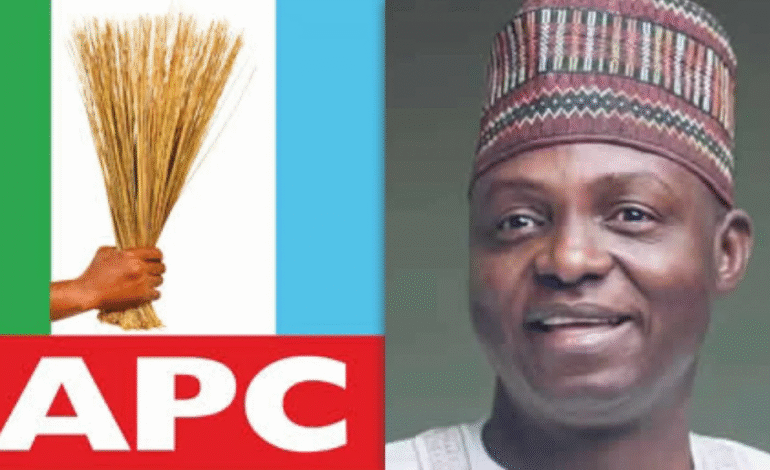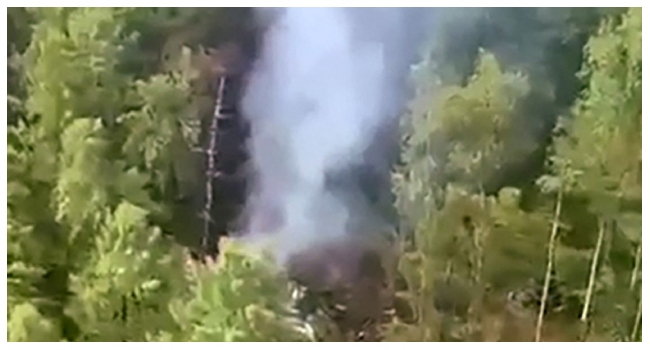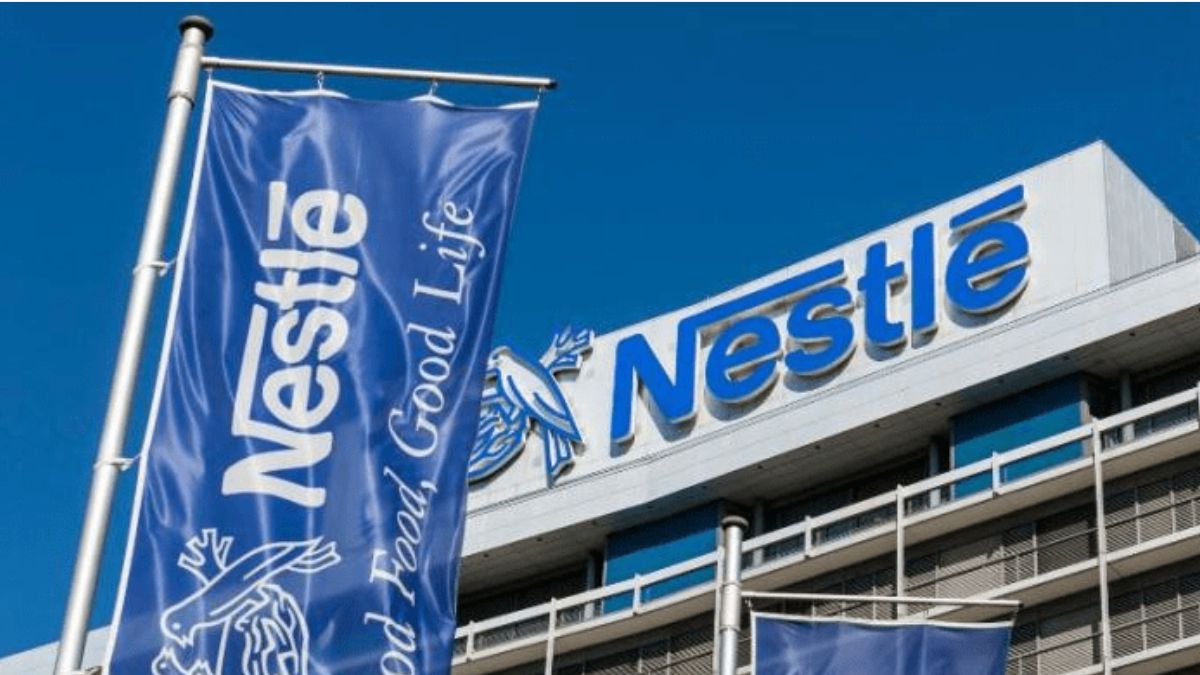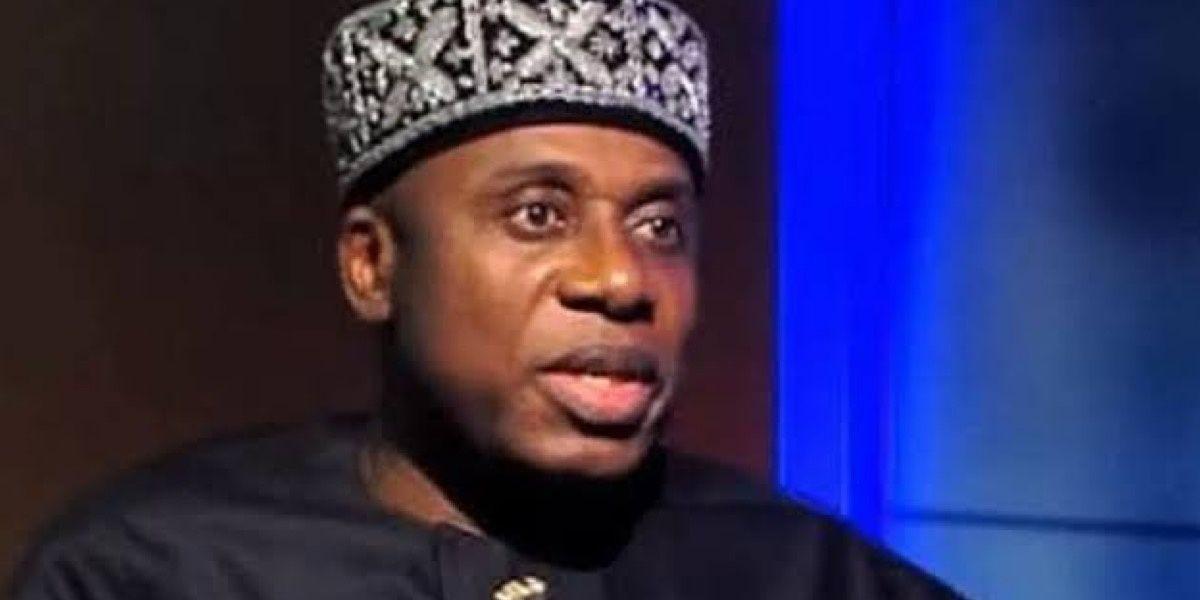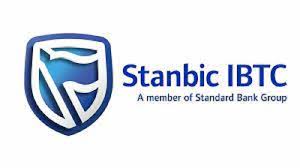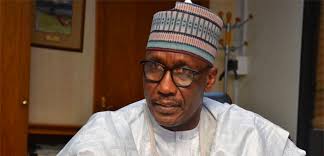By Ayomide Otitoju
The Group Chief Executive Officer of the Nigerian National Petroleum Company Limited (NNPCL), Mele Kyari, revealed that petrol smugglers exploited loopholes in Nigeria’s subsidy system, making approximately ₦17 million per truck in neighboring countries. During a briefing in Abuja, Kyari stated that the fuel subsidy created significant opportunities for cross-border smuggling, with smugglers earning hefty profits per 6,000-litre truck due to the price differential between Nigeria and its neighbors.
“In the last 47 years, petrol has always been subsidized, creating arbitrage, meaning there is a price difference across locations,” Kyari explained. “When President Bola Tinubu announced the removal of the subsidy in June, it recalibrated prices, making it unprofitable for smugglers to continue.”
Kyari further explained that smugglers, who once made ₦17 million from each truckload of fuel smuggled across the border, now face minimal profits from legitimate fuel sales, making smuggling less attractive.
Fuel Price Hike Amid Economic Crisis
Fuel prices surged across Nigeria on October 9, delivering another blow to citizens grappling with severe economic challenges. This sudden increase—between 15 and 20 percent at pumps nationwide—marks the second hike in just over a month. Although the NNPCL has not officially commented, the state oil company previously acknowledged significant debts to fuel suppliers, leading to a 40 percent price hike in early September.
Nigerians are already contending with record-high inflation, skyrocketing food costs, and a struggling naira. The latest price hike comes as President Tinubu’s government pushes reforms aimed at reviving the economy. Fuel prices jumped from ₦855 to ₦998 per litre ($0.53 to $0.62), with some areas, including Abuja and Kano, seeing prices exceed ₦1,000 per litre.
Labour Unions Demand Immediate Reversal
In response to the latest fuel price hike, the Nigeria Labour Congress (NLC) expressed its dismay and called for an immediate reversal. However, protests against economic hardship have struggled to gain momentum, especially after a violent crackdown on demonstrations in August.
As protests faltered in early October, President Tinubu urged Nigerians to remain patient, emphasizing that his reforms are necessary to stabilize Africa’s most populous economy in the long term. However, many are frustrated as inflation continues to rise, with petrol prices increasing from under ₦200 per litre before the reforms to over ₦1,000 per litre in some areas.

